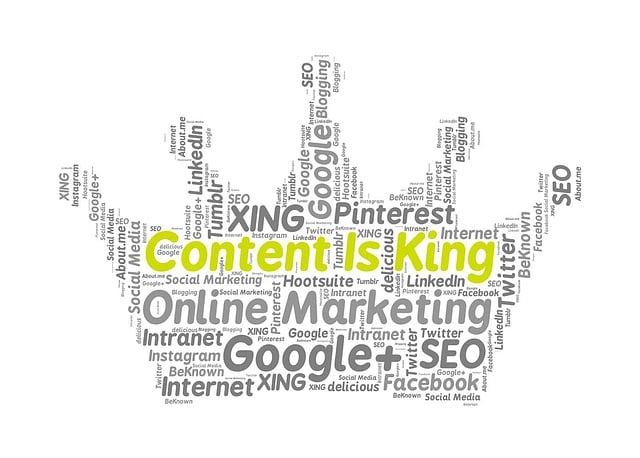AI diet adherence encouragement systems are revolutionizing digital health coaching by offering personalized, data-driven approaches to improve dietary habits. These intelligent tools use machine learning algorithms to analyze user behavior, preferences, and health goals, providing tailored meal plans and snacking suggestions. By adapting based on user feedback, they enhance progress tracking and ensure engaging coaching. This continuous optimization and real-time encouragement have been proven to significantly improve diet quality and adherence, making AI a valuable asset in digital health coaching while addressing challenges like data accuracy, privacy concerns, and the need for human connection.
Digital health coaches, powered by AI, are transforming the way we approach dietary adjustments. These innovative systems provide personalized guidance, making it easier for individuals to stick to healthy eating habits. In this article, we explore AI diet adherence encouragement systems and how they facilitate meaningful changes. We delve into their benefits, such as customized plans and round-the-clock support, while also discussing challenges like data privacy concerns. Understanding these aspects is crucial for harnessing the full potential of digital health coaching in promoting better nutrition.
- Understanding AI Diet Encouragement Systems
- How Digital Health Coaches Facilitate Dietary Adjustments
- Benefits and Challenges of AI-Assisted Dietary Coaching
Understanding AI Diet Encouragement Systems

AI diet encouragement systems have emerged as a game-changer in digital health coaching, offering personalized and data-driven approaches to improve dietary habits. These intelligent tools leverage machine learning algorithms to analyze user behavior, preferences, and health goals, providing tailored recommendations and support throughout their wellness journey. By understanding individual needs, AI can offer targeted interventions, such as customized meal plans or snacking suggestions, to enhance adherence and promote healthier choices.
The effectiveness of these systems lies in their ability to adapt and learn from user feedback. They can track progress, identify patterns, and make adjustments to ensure the coaching remains relevant and engaging. This continuous optimization, combined with real-time encouragement and motivation, has been shown to significantly improve diet quality and adherence among users, making AI a valuable asset in digital health coaching.
How Digital Health Coaches Facilitate Dietary Adjustments

Digital health coaches, powered by AI and machine learning algorithms, are transforming the way we approach dietary adjustments. These intelligent systems provide personalized guidance and encouragement, acting as virtual nutritionists that adapt to individual needs and preferences. By analyzing user inputs, such as meal tracking and fitness data, they offer tailored recommendations for healthier eating habits. This real-time feedback loop keeps users motivated and accountable, addressing common challenges faced during diet changes.
Moreover, digital health coaches implement effective strategies like setting achievable goals, providing educational content on nutrition, and offering virtual support through messaging or video calls. These features foster a sense of community and accountability, making it easier for individuals to stick to their dietary plans. The AI diet adherence encouragement systems not only streamline the process but also make it more engaging and accessible, ultimately promoting sustainable lifestyle changes.
Benefits and Challenges of AI-Assisted Dietary Coaching

AI-assisted dietary coaching is revolutionizing the health and wellness industry, offering personalized guidance and support to individuals seeking to improve their eating habits. These intelligent systems provide a range of benefits, including 24/7 availability, tailored meal plans, and data-driven insights to enhance user engagement. With advanced algorithms, AI diet adherence encouragement systems can learn individual preferences, offer real-time feedback, and adapt to changing needs, making it easier for people to stay on track with their nutritional goals.
However, challenges exist in this rapidly evolving field. Ensuring the accuracy and ethical use of data is paramount, as privacy concerns and algorithmic biases must be addressed. Additionally, while AI can provide structure, it may not account for the complexities of human behavior and social influences on dietary choices. Balancing automation with human connection is crucial to create effective coaching experiences that foster long-term healthy habits.
Digital health coaches, powered by AI diet adherence encouragement systems, are transforming the way we approach dietary adjustments. By providing personalized guidance and support, these innovative tools make it easier for individuals to stay on track with their nutritional goals. While challenges exist, the benefits of AI-assisted dietary coaching are undeniable, offering a promising future for improved health and well-being through technology.
